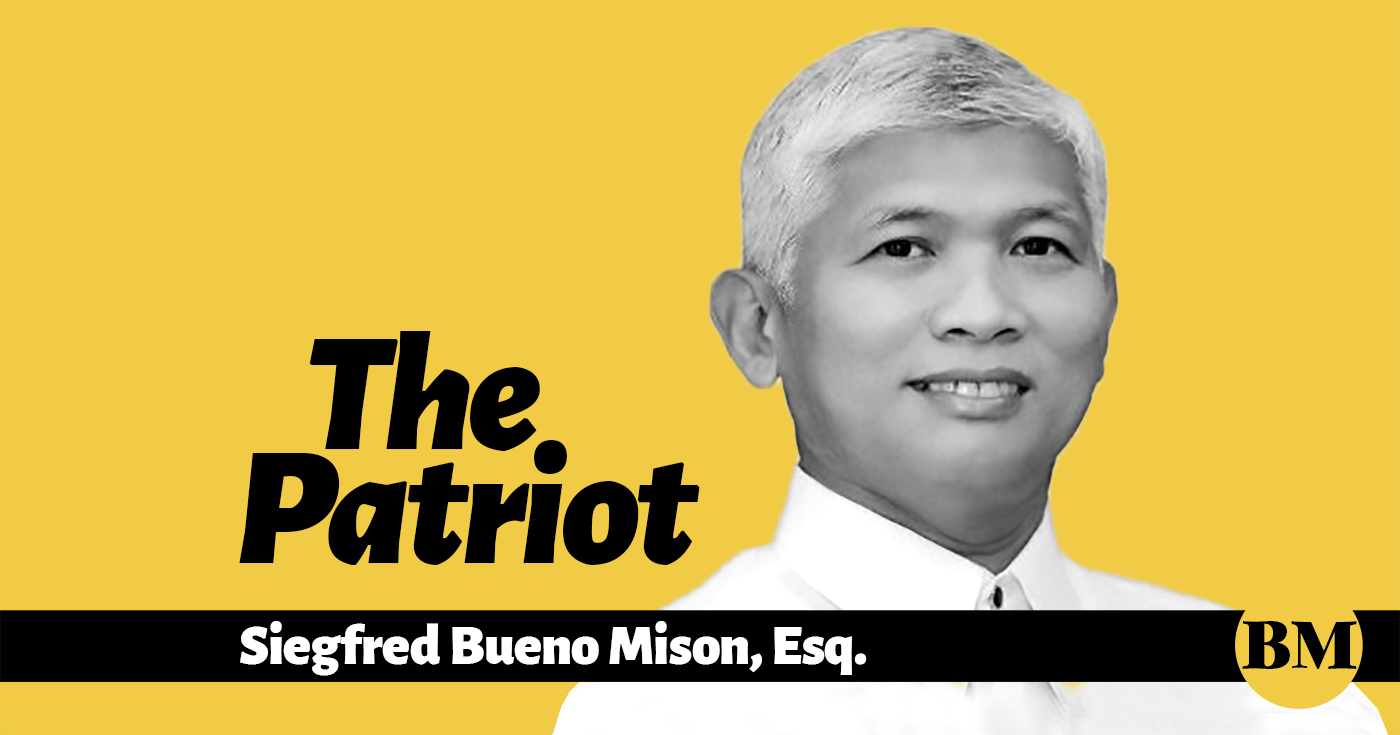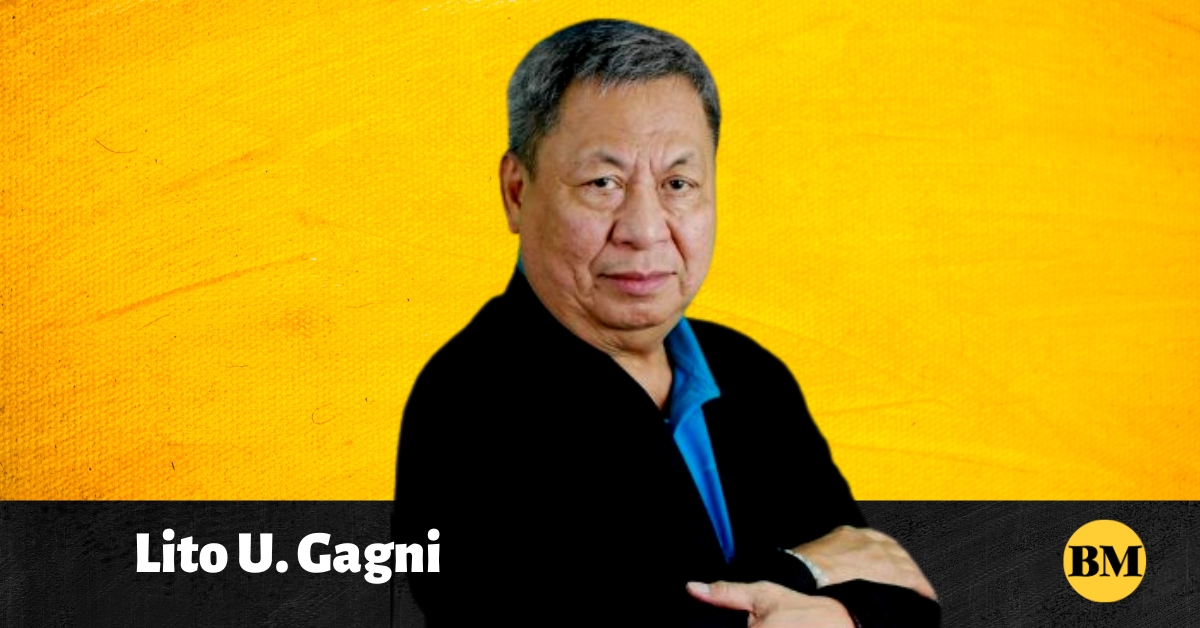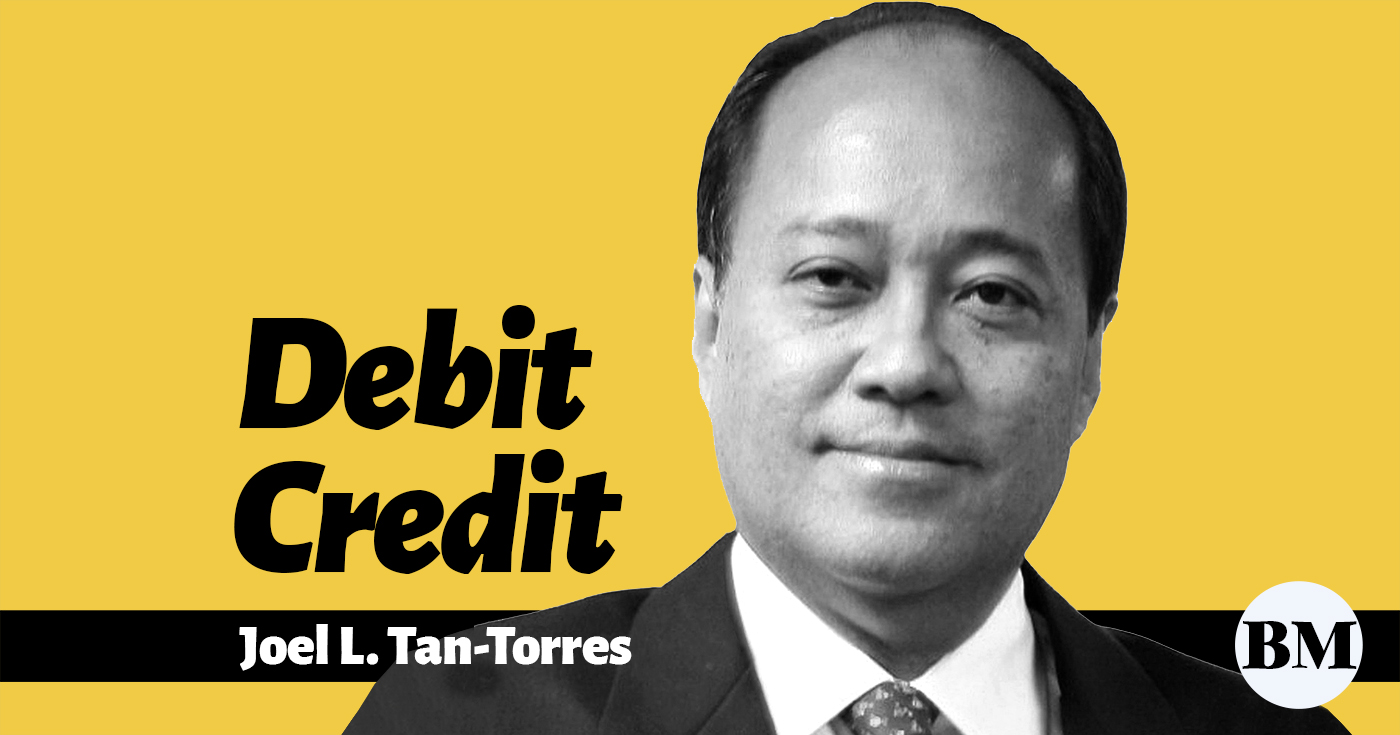
“I am pleased to join SRSG Mme Louise Arbour once again, in this side event of the Global Migration Group (GMG) on the contribution of migrants to sustainable development through remittances and investment.
“Remittances account for 9.8% of our GDP. In 2016, 10 million overseas Filipinos remitted $29.9 billion dollars. This grew by 5.3% in 2017, to $3.3 billion dollars. That is far higher than the Official Development Assistance (ODA) we received, which in 2015 stood at a mere $15.71 billion. However, the true scale of remittances, including unrecorded flows through formal and informal channels, is believed to be even bigger.
“Remittances are perhaps the most tangible link between migration and development. Since they are private flows from overseas Filipinos to their families back home – who are mostly in rural and agricultural areas — they directly augment the income of recipient households. They enable families to put their children through school, allow for investment in food, housing and health, and allow for entrepreneurship and small businesses – all of which have a positive effect on economic growth and high social return. In the various regional and global financial crises—from the Mexican Debt that contributed to toppling a US-backed dictatorship through the Asian Crisis of 1997, yet another Latin American crisis, the Russian crisis and the Global Financial crisis of 2007-2009 when our friends on Wall Street played fast and loose with other people’s money—remittances allowed Philippine governments to adopt imperative and expensive protective measures to buffer the financial system. In all these crises, the Philippine economy performed the best in what was the worst of all possible situations. Remittances repeatedly saved the Philippines from the turmoil of international financial crises, which would have threatened the stability of its region. Without remittances we would not have today the fast growing economy in the fastest growing region in the world.
“Leveraging remittances and their investment potential is crucial to our fulfillment of the SDGs. More than shield against shenanigans, it is fuel for progress. Our Philippine Development Plan recognizes that.
“The Plan provides that households receiving remittances need to be encouraged to put these to more productive use and invest cash transfers from abroad in business activities in the country. A broader base for Micro, Small and Medium-Sized Enterprises (MSMEs) development will thus be created.
“The Plan also strengthens the effectiveness of financial inclusion initiatives by focusing on the efficient delivery of microfinance and micro-insurance products and services. These include economic and financial literacy activities that will encourage Filipinos to participate in economic governance and harness the investment potential of remittances toward innovative financial instruments such as personal equity and retirement funds or insurance products.
“To that end, our Central Bank has a flagship program on Diaspora Investment (DI) that develops, enhances and promotes new financial instruments and services for overseas Filipinos.
“Yet the full development potential of remittances continues to be hampered by high transaction costs. If you go by the existing average transaction cost of 4.7% for remittances to the Philippines, then that translates to $1.55 billion lost to transaction fees. Consider for a moment the investment potential of that amount.
“New financial technology should help lower the transaction cost of remittances, but so far has not done so. This needs to be examined, along with data gaps on remittances that prevent evidence-based policy making. This calls for strengthened collaboration with the private sector; particularly financial institutions and money transfer operators.
“That is why we strongly support Objective 20 of the draft Global Compact on Migration (GCM), as it gives the appropriate focus to the importance of Target 10.c1 and of remittances to migration, and highlights the work of the IFAD2 and the Global Forum on Remittances, Investment and Development (GFRID).
“That is also why we have initiated— together with Algeria, Guatemala and Madagascar— a UN General Assembly resolution declaring June 16 as International Family Remittances Day. We hope that you can all support this initiative. Those who gave their hard earned wages for their countrymen’s safety deserve the latter’s highest praise, utmost gratitude, and fullest support.”
A brilliant statement
A statement from another panel member emphasized the need for peer-to-peer discussions between regulatory agencies of the different countries involved in the migration process because anti-money laundering regulators, for example, add to the cost of the remittance transactions by adding layers of control to address nonexistent threats. That’s my take on his take, anyway. To which I added, speaking of peer-to-peer discussions, I would strongly propose that we involve the real stakeholders in this process, which is to say the banks and specifically the owners of the big banks engaged in remittances. I am a firm believer in personal commitment enhanced by personal advocacy and initiated by personal involvement in the issue and I don’t think any parties can play as significant a role as the owners of banks. No, not corporate banking officers who will just use the occasion to junket at company expense and really have no say in bank policies, we should engage the owners—the big guys and gals. And while we need peer-to-peer regulators to be engaged as well, I would recommend this be limited to central bank governors and finance ministers and none of their underlings who are equally powerless and insignificant. I observed that, frankly, diplomats like ourselves do not have two dimes to rub together on issues involving huge fund transfers and our reports to capital are hardly ever read and certainly never influence policy outside foreign affairs. This idea of expanding the dialogue to include those who frankly are the only ones with the money to talk excited everyone. So the big banking families should be getting invitations to involve themselves in global financial issues that frankly the impecunious should stay out of. There you go.
After the adjournment I talked to panelists about the new generation of banking owners I have observed in the Philippines—young, energetic, full of ideas and open to more—who should be involved rather than impecunious diplomats. They agreed. If you don’t have money, shut the fuck up. Experts you can hire to tutor you. The ones with the money should speak. Major developments in migrant remittances, one panelist observed regarding his country, were unilaterally done by the big guns, the owners and not thinkers, least of all diplomats.
1. Target 10.c by 2030, reduce to less than 3 percent the transaction costs of migrant remittances and eliminate remittance corridors with costs higher than 5 percent.
2. International Fund on Agriculture and Development.



























